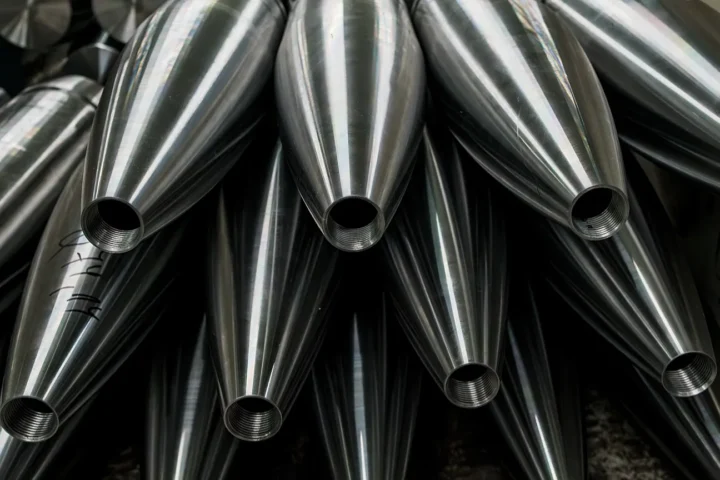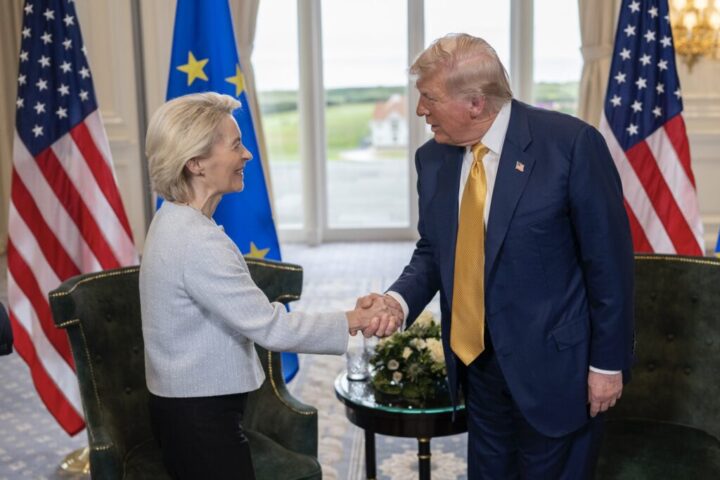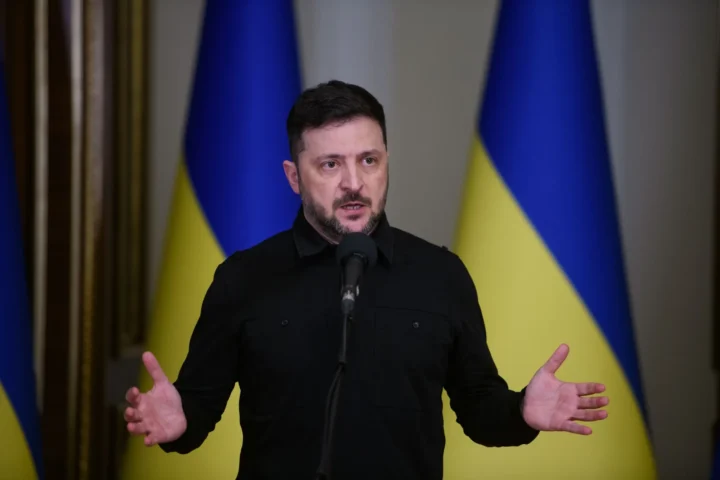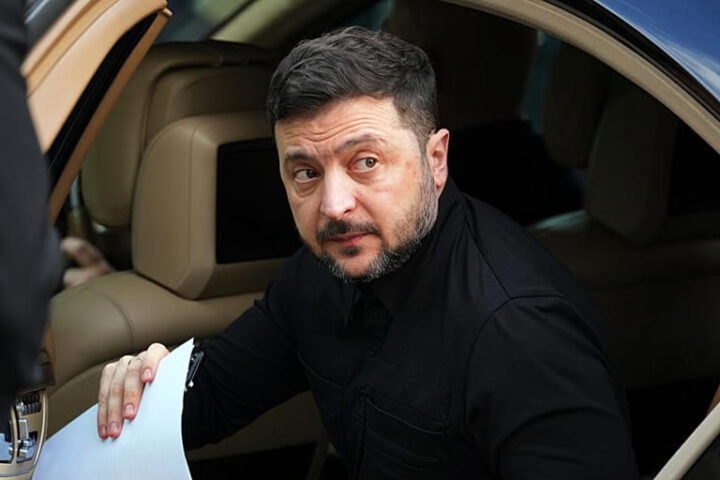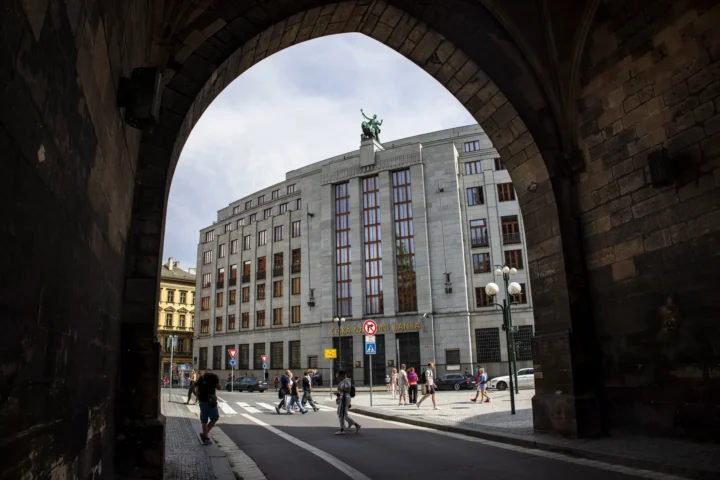The European Union (EU) stands as one of the most ambitious political and economic unions in modern history. Despite its achievements, it faces growing challenges—from internal divisions and democratic deficits to slow decision-making and foreign policy inconsistencies. To ensure its stability and relevance in the future, many believe the EU needs substantial reform. Here’s a look at the most pressing areas where change is needed and how the Union could be improved.
1. Enhancing Democratic Accountability
A common criticism is that EU institutions appear distant from the everyday concerns of citizens. Strengthening the role of the European Parliament, making the selection of top EU leaders more transparent, and increasing public participation through referenda or digital platforms could bring the EU closer to its people.
2. Streamlining Decision-Making
The EU’s current decision-making system, especially when requiring unanimous agreement from all member states, often leads to gridlock. Moving toward more majority voting in areas like foreign policy and taxation would allow the EU to act faster and more effectively on global issues.
3. Improving Economic Coordination
The eurozone remains divided between wealthier northern countries and debt-ridden southern economies. Stronger fiscal integration, shared investment initiatives, and reforming the EU’s Stability and Growth Pact could reduce inequality and boost economic resilience across all member states.
4. Addressing Migration with a Common Policy
Migration has been a polarizing issue in Europe. A unified, fair, and humane asylum and immigration system is essential. This would involve stronger border management, shared responsibility among member states, and collaboration with countries of origin.
5. Strengthening Defense and Foreign Policy
In a shifting geopolitical landscape, the EU needs a more coherent and independent foreign policy. Building a collective defense strategy, increasing investment in security, and reducing reliance on NATO for protection would give the EU greater strategic autonomy.
6. Promoting Innovation and Sustainability
The EU must lead in technological innovation and climate action. Greater investment in green technologies, education, and digital infrastructure would not only combat climate change but also enhance Europe’s global competitiveness.
7. Reconnecting with Citizens
Finally, rebuilding trust with citizens requires transparency, honesty, and leadership that prioritizes the well-being of all Europeans. Educational campaigns, cultural exchanges, and support for local initiatives can help renew public faith in the European project.
While the EU has its flaws, it also has the tools to evolve. With the right reforms, the European Union can become a more democratic, agile, and united force capable of addressing both internal and global challenges.





